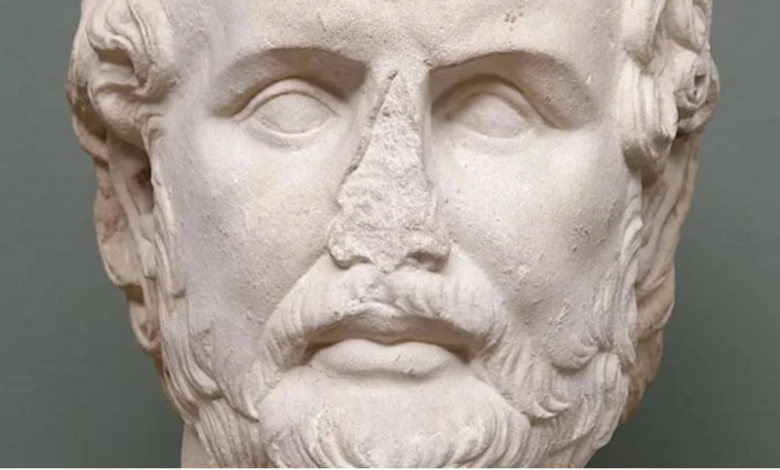Alexander the Great’s father’s remains discovered in a Greek tomb
"Alexander the Great" is claimed to have controlled the realm of Macedon in ancient Greece after his father, Philip II

Archaeologists discovered an incredible find about 50 years ago while excavating the ancient town of Vergina in northern Greece. They discovered three royal graves holding the bones of Alexander the Great’s family, dating back to the fourth century BC.
At the time, they were thought to be the great warrior’s father, son, and elder half-brother.
However, scientists believe that the father and half-brother are involved in a long-running instance of mistaken identification.
In recent research, specialists ‘conclusively’ discover that the skeleton long thought to belong to the half-brother is the father, and vice versa. Unfortunately, Alexander the Great’s final resting location is still unknown.
Antonios Bartsiokas, an anthropology professor at Greece’s Democritus University of Thrace, conducted the new study.
‘The remains analyzed are among the most historically significant in Europe,’ Professor Bartsiokas and colleagues state.
‘We have focused our discussion on the scientific facts and historical evidence that impacts acceptance or rejection of the location of King Philip II of Macedonia.’
For More Updates Follow: AroundUsInfo.com
Alexander III, often known as Alexander the Great, was the king of Macedon, a kingdom in northern ancient Greece, from 336 to 323 BC, and is regarded as one of history’s most successful military leaders.
His father, Philip II of Macedon, governed the ancient country from 359 BC till his murder in 336 BC.
While the final resting site of Alexander the Great remains unknown, researchers uncovered three graves in Vergina in 1977, designated as tombs I, II, and III.
Archaeologists suggested that they held the bones of Alexander the Great’s father (Philip II), son (Alexander IV), and half-brother (Philip III of Macedon).



